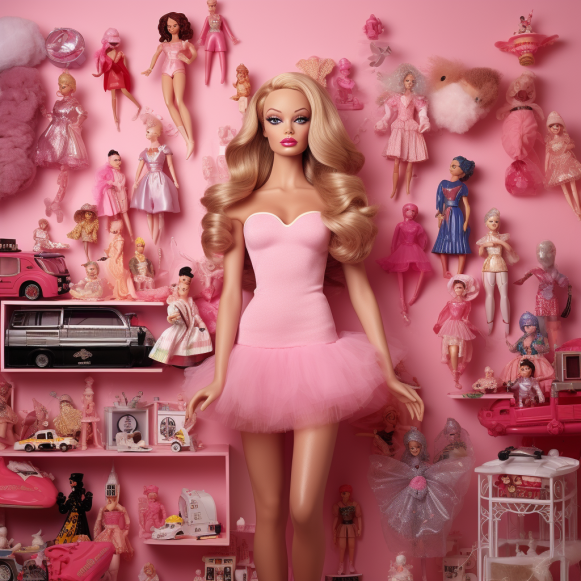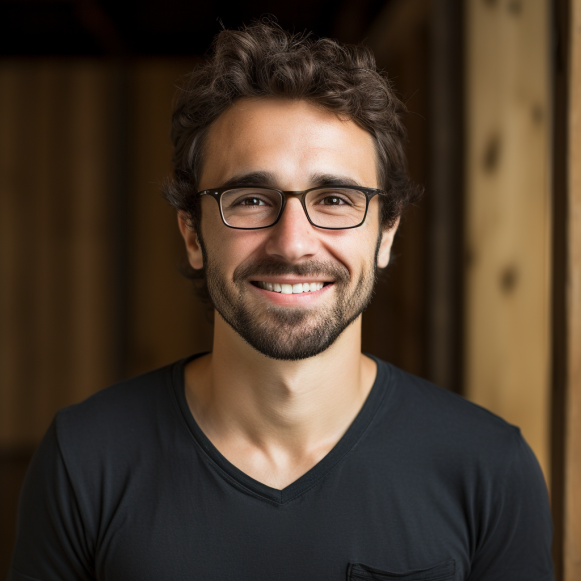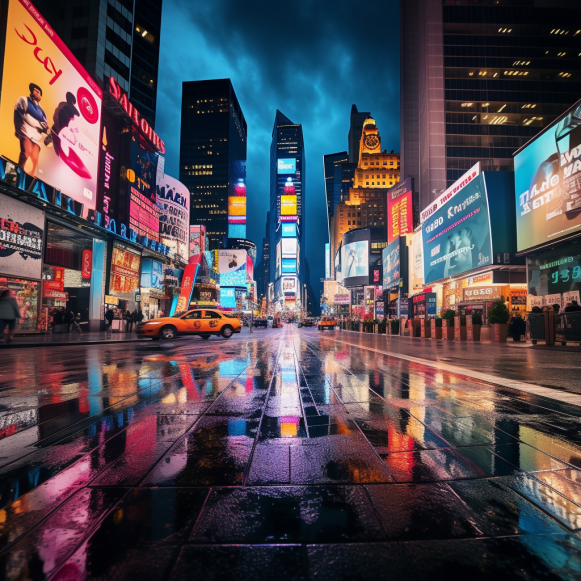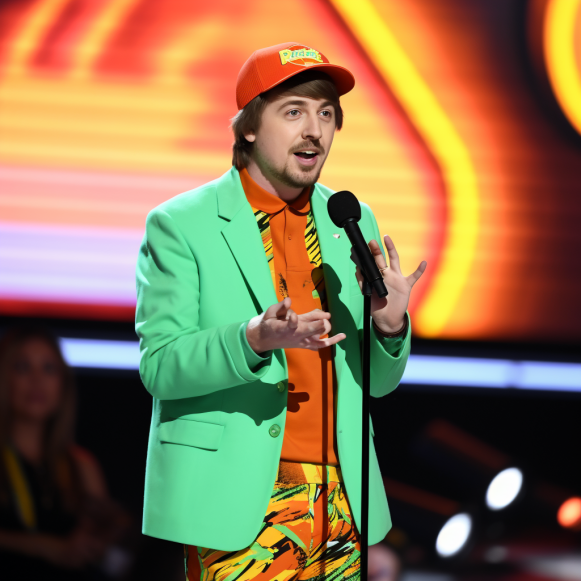‘Barbie’ is just the beginning: How big brands are using Hollywood to get their message out by pouring money into film and TV production

- Big brands are becoming an active new class of entertainment financiers boosting Hollywood.
- Beyond Mattel, marketers like REI and Nike have been funding films and TV to reach ad-avoidant consumers.
- But brands are eager for better ways to measure their content’s impact on audiences.
As studios cut back on spending and strikes halt production, Hollywood can take heart: brands are coming to the rescue.
Blue-chip companies are investing heavily in filmed entertainment. Mattel’s “Barbie” is just the most recent example of how brand-related films can attract large audiences. Mattel reportedly gave director Greta Gerwig a lot of leeway in telling Barbie’s story, and the film’s massive global success may inspire other brands to follow suit.
In July, just ahead of “Barbie’s” billion-dollar run at the global box office, Insider spoke with several producers and marketers about why Hollywood is increasingly embracing brand entertainment.
Nike, which was behind “The Day Sports Stood Still,” an HBO documentary about the pandemic shutdown, and REI, which backed Kyra Sedgwick’s “Space Oddity” to promote environmental issues, are among the key brand players in film and television. Some are unexpected, such as John Deere, which has two documentaries out this year, including “Gaining Ground: The Fight for Black Land” about Black farmers. Read our complete list of brands producing Hollywood-style filmed entertainment here.
P&G Studios was launched around five years ago by Procter & Gamble, which owns brands ranging from Tide to Gillette. It currently has up to 15 film projects in the works, including “Rising Phoenix: A New Revolution,” a documentary about the Paralympics.
“It’s about telling great stories, powerful stories, interesting stories that people want to see — and our brands want to be in and around — and that can sell to the marketplace,” Kimberly Doebereiner, P&G’s group VP of the future of advertising and the studio’s director, told Insider in July.
Many brands, such as PepsiCo and REI, are relying on their long-standing marketers to spearhead these efforts. A few companies are hiring people from the entertainment industry, such as Robbie Brenner, who joined Mattel in 2018 after 20 years in Hollywood as the producer of films such as “Dallas Buyers Club.”
Jill Lubochinski, who worked in unscripted at NBCUniversal before becoming director of entertainment content at Amex in 2022, and Holly Fraser, who previously worked as a journalist and producer, are also on the list. The short film “The Long Goodbye,” commissioned by WePresent, WeTransfer’s digital arts and editorial platform, won an Academy Award in 2022.
Brand dollars are a welcome source of revenue and activity in a beleaguered Hollywood. Striking writers and actors can still find commercial work (though some may avoid it).
And production companies such as Ron Howard and Brian Grazer’s Imagine Entertainment (co-producer of “The Day Sports Stood Still” with Nike), Reese Witherspoon’s Hello Sunshine, Michael Sugar’s Sugar23, and Anonymous Content are actively collecting. More on the production companies getting in on the action can be found here.
“In the last year, we’ve received a half-dozen calls from brands asking, ‘What is our version of “Air,” and how should we think about it?'” Insider spoke with Marc Gilbar, who runs Imagine’s brand division. (“Air,” a film starring Matt Damon and Ben Affleck about Nike, was not produced by the athletic company.)
“Our mission has always been to identify and craft these types of inspiring true stories, so we love this kind of challenge,” Gilbar explained.
For the past seven years, Brand Storytelling has co-hosted a festival for brand content alongside the Sundance Film Festival. According to Rick Parkhill, director and co-founder of Brand Storytelling, brand film submissions have nearly tripled to 160 in the last three years.
“There’s money moving that way,” Parkhill explained. “The content’s quality is far higher, and the level of directors and talent they’re bringing — you can just see it in the work.” You have directors interested in this work.” Saint Laurent, for example, has collaborated on films with Pedro Almodóvar and David Cronenberg.
Brand-sponsored entertainment has taken many forms over the years as marketers sought to reach consumers in ways other than interruptive advertising.
What’s new is that brands are attempting to secure distribution from major streamers in order to ensure that their projects are seen (and, in some cases, share the cost or even profit). They are also becoming more systematic in their measurement and results tracking.
It’s a subtle paradigm shift for Hollywood, where the stigma attached to films made by brands is fading. Brands want buyers to know that their marketing expertise can also assist projects in reaching a large audience. Some predict that one day, streamers will actively seek out content from brand-driven studios in the same way that they would any Hollywood production company.
“Film directors need the work,” said Marcus Peterzell, who left Omnicom in 2019 to launch Passion Point Collective, a brand film studio. He’s since completed 36 film projects for corporations. “And who is funding indie film these days?” As a result, brands can become a new source.”
However, some reluctance remains among streamers and other distributors. And brands are still prone to making such projects too commercial to resonate as pure entertainment for audiences — or companies may face internal doubts that such projects will pay off in terms of business goals.
It’s a conundrum exacerbated by the fact that streamers don’t share much viewership data. Brand Storytelling is developing a system to assess the effectiveness of brand films through research, performance metrics, and other methods.
And the types of stories that brands will want to tell are limited. In the end, whoever pays the bills will have a say in what kind of content is funded.
“The brands generate the topics they want to talk about, and it’s pretty narrow,” Peterzell explained. “When it comes to politics, brands stay away,” he added.






